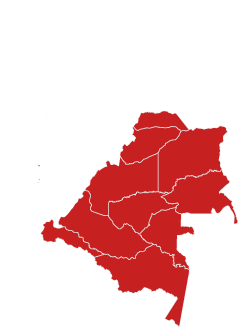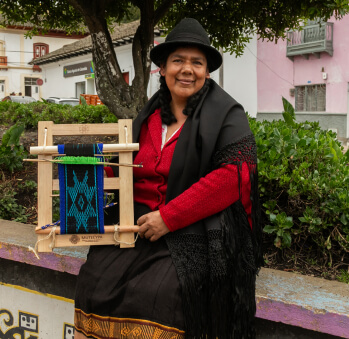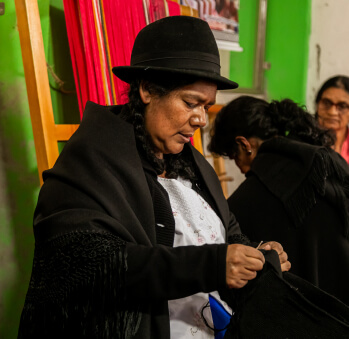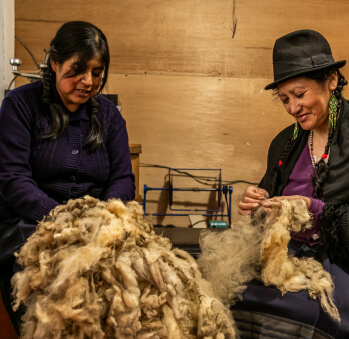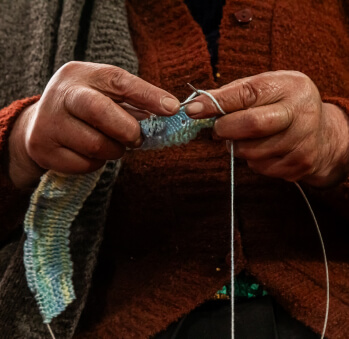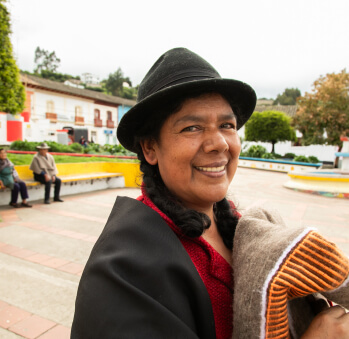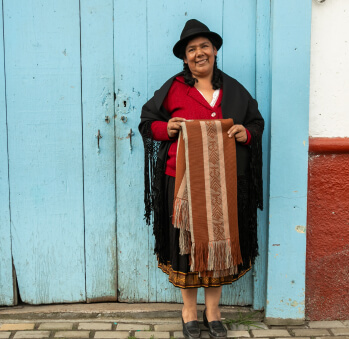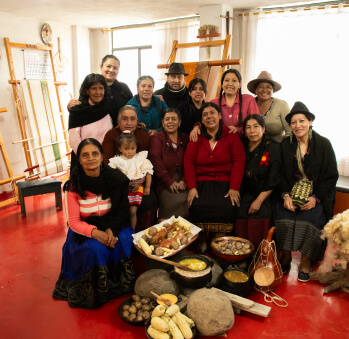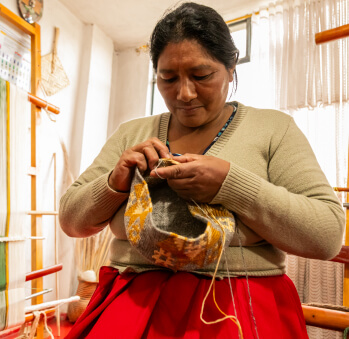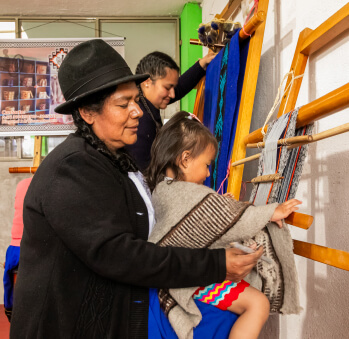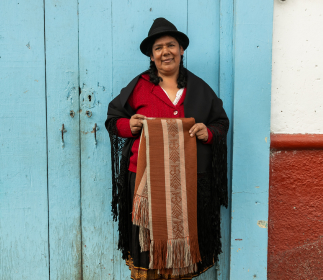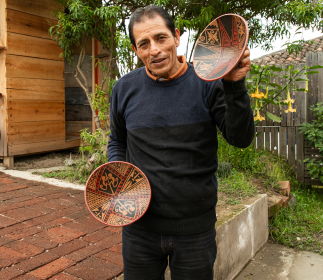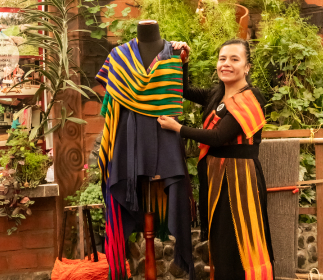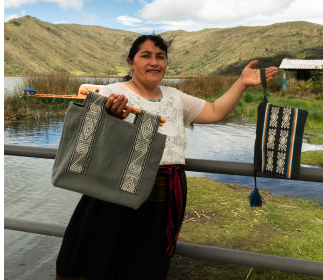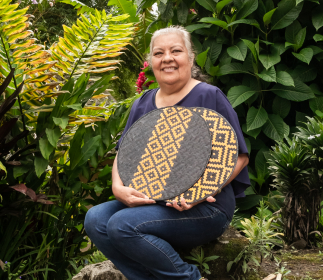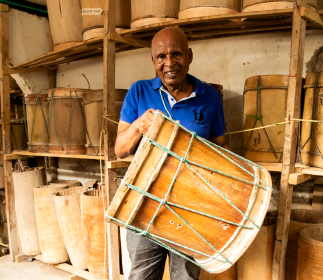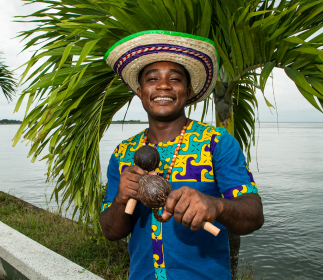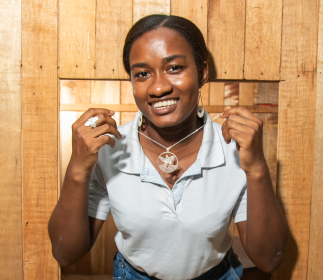Claudia Marleny Ramírez
Workshop: Mutecypa mujeres tejedoras de cultura
Craft: Weaving
Trail: Ipiales - Tumaco Route
Location: Córdoba, Nariño
Weaving takes on a different meaning when it is deeply appreciated, not only as a means of dressing but as a system for the transmission of knowledge. This is perfectly understood by Claudia Marleny, an artisan who, from a very young age, was taught to read and write in the warp by her mother, María Oliva Ramírez. She understood that threads are a means to encode thought and feeling, and to work on the duality and harmony of the family. Additionally, her grandmother Emerita Velázquez showed her the correspondences between weaving and life: the spinning that doesn’t come out even, resembling the intestines of a guinea pig, is similar to the ups and downs of life, which must be faced with values and honor, and then the spinning will come out fine. Since she learned to use the guanga, that feminine Andean tool—whose four edges represent water, fire, air, and earth—she draws her beloved Sun of the Pastos, a symbol of eight points that speaks to her of the territory, her family and friends, and the spiritual richness, education system, and cosmic festivities of her people.
Weaving takes on an even broader meaning when we realize that, in the Males community, it has been a tool to enforce women’s rights. After seeing how weaving associations dissolved shortly after their establishment, Claudia Marleny wanted to do things differently. She saw in ruanas, chumbes, and backpacks an opportunity to confront the violence suffered by women in her indigenous reserve, affected by sexism, discrimination, and femicides. She began to call them together to weave, and while they were focused on their work, she spoke to them about their own worth, just as her mother and grandmother had taught her. That atmosphere of communion became the place where they could talk about what was happening to them, advise each other, and support one another. In addition to sharing their knowledge, they could share their experiences. If weaving was a symbol of harmony between men and women, its practice would help balance the situation they were experiencing.
This is how, little by little, she convinced them that together they could find a market for their textiles, attend fairs, and make a living from craftsmanship. After forming the Mutecipa associative group, and after years of working with the weavers, Claudia Marleny can say that they are no longer the submissive women they once were. Now they give their techniques the respect they deserve and strive to perfect them. The wool that they used to burn to avoid being burdened if it didn’t sell is now their treasure; it has a price and a specific purpose because, as they say, if a cup of potatoes goes bad in a week, a ruana lasts for years.
Craft
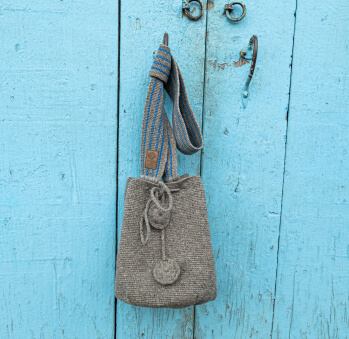
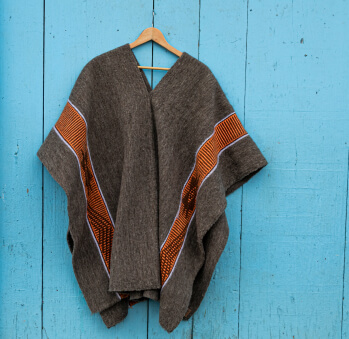
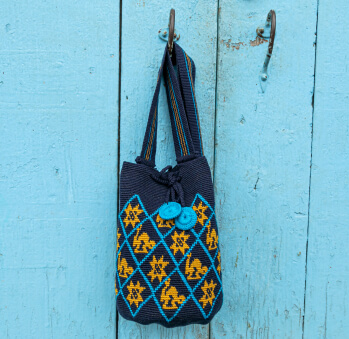
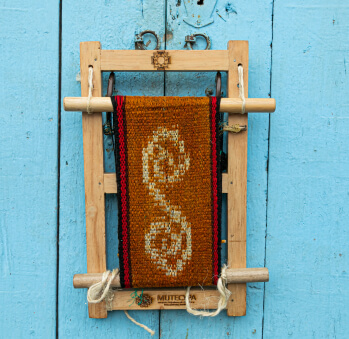
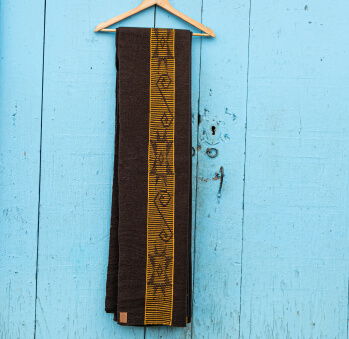
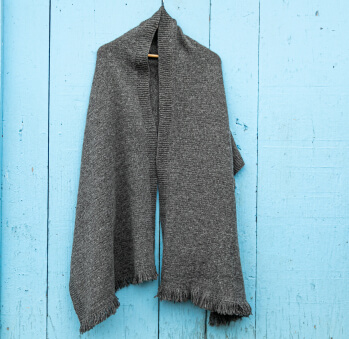
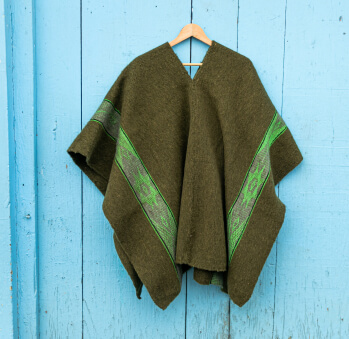
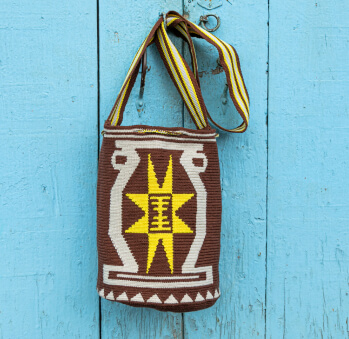








Artisans along the way
Artisans along the way
No puede copiar contenido de esta página

